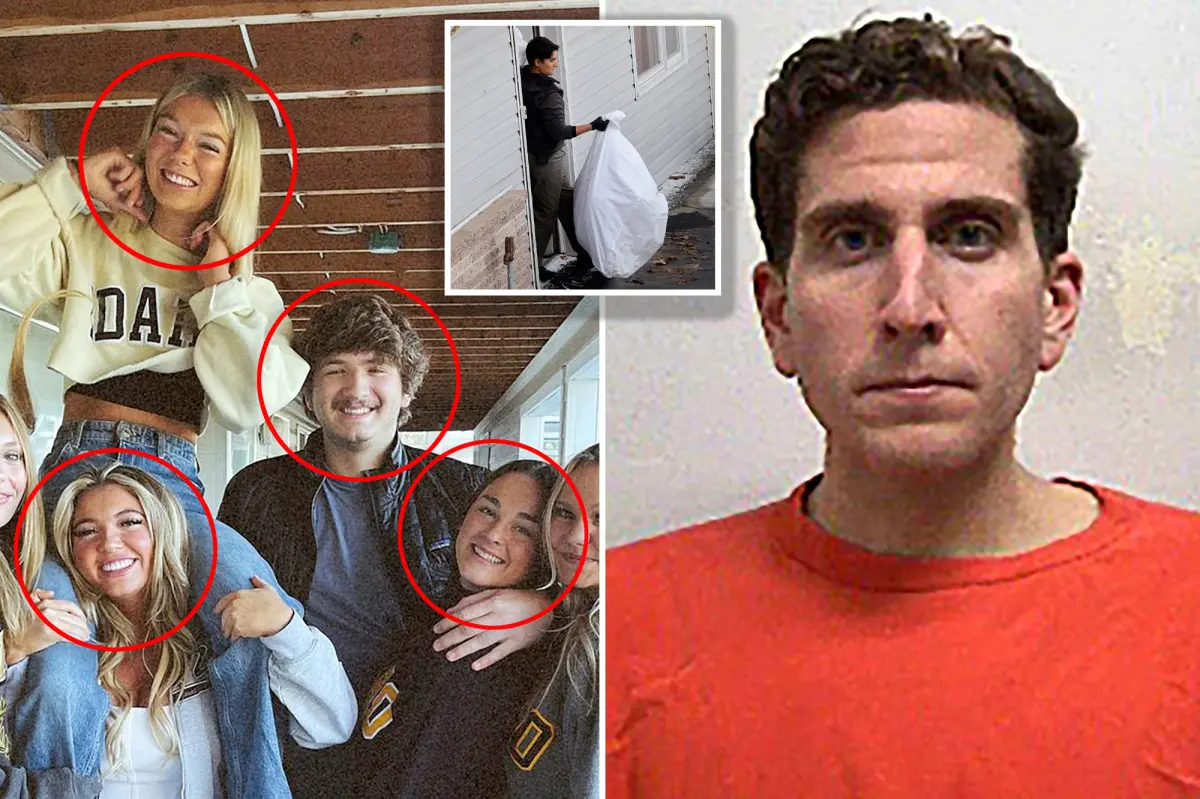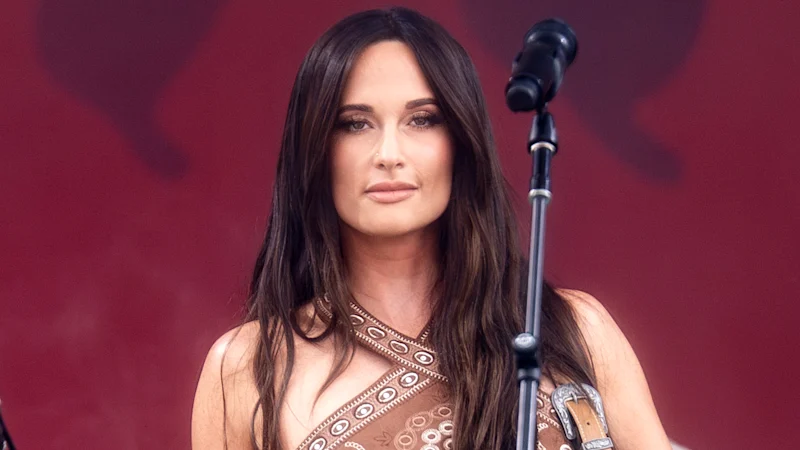Copyright HuffPost

LOADINGERROR LOADING Colder, shorter days means more flu, RSV and COVID-19 cases are on the way. As people gather indoors and travel for holidays in the coming weeks, virus spread is only expected to increase. Between Thanksgiving dinners, turkey trots, holiday parties and other festive events, it’s highly likely that you’ll find yourself next to someone who’s sneezing or coughing. While you can try to stay away from sick people and choose to wear a mask in crowded, high-risk situations, there are other things you can do to stay healthy ― namely, vaccination. Advertisement But you won’t be totally protected from viruses the moment you get your vaccine; it takes time for your body to build up protection, which means you should give yourself enough time for that to happen before Thanksgiving gatherings begin. Below, doctors share when you need to get your fall vaccinations to be fully protected for Thanksgiving dinner (and the rest of the holiday season). It takes about two weeks for your body to develop an immune response to these viruses. “As a general rule of thumb, it takes about two weeks for the body to begin producing antibodies against the vaccine antigens,” said Dr. Daniel Kuritzkes, the chief of the division of infectious diseases at Brigham and Women’s Hospital in Boston. In other words, you won’t have the strongest level of protection against the viruses until two weeks after your jab. Advertisement This is true for all fall vaccinations ― flu, COVID-19, RSV and even the pneumococcal vaccine, a vaccine that protects against pneumonia, Kuritzkes said. This two-week timeline also applies to the TDAP vaccine, which protects against tetanus, diphtheria and pertussis, and is an important vaccine for anyone who is going to be around a baby this holiday season, said Dr. Samantha Picking, the senior director of immunizations at Walgreens. “[Vaccination is] so important now in ... October and ahead of the holidays because we’ll see respiratory illnesses start to ramp up as we head into the holidays,” Picking said. “You want to get ahead of that. You don’t want to be getting vaccinated during [the] respiratory illness season. You want to get the vaccine now [and] allow your body to build up immunity.” Advertisement While it’s hard to predict when exactly each respiratory virus will start to heavily circulate, “October is generally a good time to receive your vaccines to get optimal protection for the upcoming holidays,” added Dr. Jonathan Grein, the director of Hospital Epidemiology at Cedars-Sinai and associate professor in the Department of Medicine. The holiday season is synonymous with virus spread as people travel and gather with family and friends. If you miss the October vaccination window, there is still plenty of time to get protected before Thanksgiving. With Thanksgiving on Nov. 27 this year, you have until Nov. 13 to get your shots and be fully protected. Advertisement Even if you miss the Nov. 13 date, there is still reason to get your fall vaccines so you’re protected from these illnesses as the holiday season continues. Flu and COVID-19 shots are important protection tools, and so are RSV, TDAP and pneumococcal vaccines. Exactly what shots you need for the respiratory virus season depends on a number of factors, including your age, underlying conditions and daily habits. Overall, “What’s recommended is flu and COVID vaccines, and those are right now recommended yearly,” said Picking. These shots are both available to people 6 months and up, although the COVID shot guidelines are muddier after major eligibility changes this year from the Food and Drug Administration and the Centers for Disease Control. COVID shots are available to everyone 65 and older, and those 6 months to 65 with a qualifying condition, such as asthma or obesity. But if you fall outside of the parameters, you can still get the shot with permission from a doctor. Advertisement The RSV vaccine is a single-dose shot that is “recommended for all adults age 75 years and older, or age 50 or older who are at risk for severe RSV infection,” Grein said. There’s also an RSV vaccine for pregnant people, along with babies under 8 months. “There is a pneumococcal vaccine [that protects against pneumonia] that is also recommended for older people, people age 65 and older, or for people with certain predisposing medical conditions,” Kuritzkes said. As mentioned above, TDAP vaccines are a good idea for those who have a new baby or plan to be around babies this holiday season. Your primary care doctor or local pharmacist can help you determine what fall vaccines are right for you, according to Picking. Advertisement These vaccines can help keep viruses like COVID-19, flu and RSV from becoming severe. “Vaccines work by training your immune system to recognize important ‘pieces’ of the virus it’s designed to protect,” Grein explained. This way, if you end up getting sick with one of the viruses you’re vaccinated against, “your immune system can quickly and efficiently respond to the virus before it can cause more damage,” he added. Getting a shot doesn’t mean you won’t end up with one of these illnesses, but vaccines do help prevent serious outcomes like hospitalization and death. Advertisement For example, there was a recent study done among veterans that found COVID-19 vaccination “was about 40% effective against hospitalization and 64% protective against death,” said Kuritzkes. “Vaccines remain the most important tool to protect ourselves and others from the serious consequences of these respiratory virus infections,” Grein said. YourSupportMakes The Story Your SupportFuelsOur Mission Your SupportFuelsOur Mission Join Those Who Make It Possible HuffPost stands apart because we report for the people, not the powerful. Our journalism is fearless, inclusive, and unfiltered. Join the membership program and help strengthen news that puts people first. We remain committed to providing you with the unflinching, fact-based journalism everyone deserves. Thank you again for your support along the way. We’re truly grateful for readers like you! Your initial support helped get us here and bolstered our newsroom, which kept us strong during uncertain times. Now as we continue, we need your help more than ever. We hope you will join us once again. We remain committed to providing you with the unflinching, fact-based journalism everyone deserves. Thank you again for your support along the way. We’re truly grateful for readers like you! Your initial support helped get us here and bolstered our newsroom, which kept us strong during uncertain times. Now as we continue, we need your help more than ever. We hope you will join us once again. Support HuffPost Already a member? Log in to hide these messages. “I know it’s a busy and chaotic time of year,” Picking added, but getting vaccinated is a quick task that can be done at your local pharmacy or your doctor’s office. It’s a task that can keep you and your loved ones from getting very sick from one of the many circulating viruses this fall and winter.



